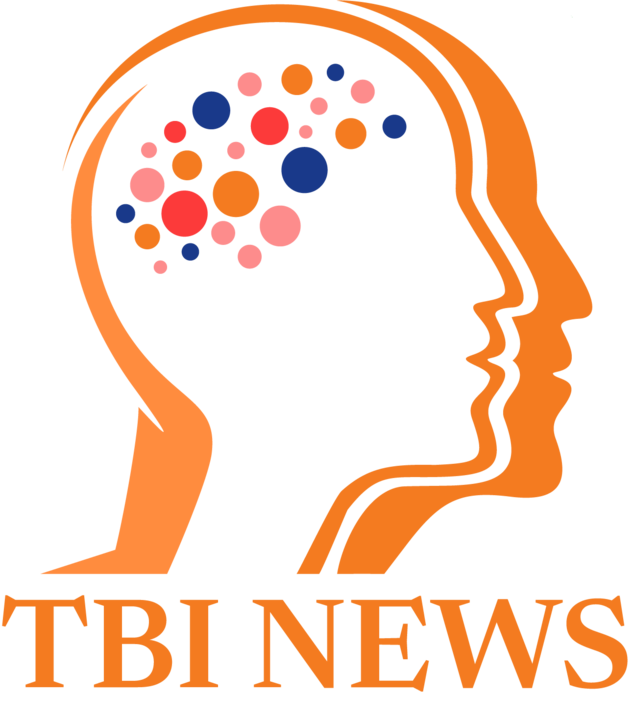
Speech and language therapies after a traumatic brain injury
Traumatic brain injury (TBI) can significantly impact a patient’s ability to communicate clearly, ranging from slurring to complete speech loss. Addressing language problems after a TBI can be challenging, but some effective approaches include addressing speech slurring, speech loss, and promoting clear communication.
Dysarthria, apraxia, aphasia, and anomia are conditions that can cause speech difficulties in individuals with TBI.
- Dysarthria is characterized by slurred speech due to muscle weakness.
- Apraxia is characterized by difficulty in making necessary speech movements.
- Aphasia is a language difficulty caused by brain damage.
- Anomia is a difficulty in remembering or finding words.
These conditions can make it difficult for TBI patients to communicate effectively.
Strengthening facial muscles for dysarthria
- Facial strengthening exercises, such as lip and cheek puffing, exaggerated facial movements, and resistance training, help regain muscle control and improve speech and expression.
- Other exercises like blowing bubbles, humming, and tongue presses improve articulation and breath control.
- Mirror exercises also boost awareness and symmetry.
Articulating lip and tongue for apraxia
Language problems arise from disrupted brain-facial muscle communication, making speech difficult.
Therapists use articulation exercises to improve speech coordination. These exercises, conducted by a speech therapist in the native language, focus on lip and tongue movements.
- Lip articulation exercises involve practicing sounds like “ooo” and “eee” while watching in a mirror.
- Tongue articulation exercises focus on improving tongue movement and consonant sounds (“t-d-n”).
- Both exercises aim to enhance coordination and speech production.
Singing songs for aphasia
Singing can repair the brain’s language network, which controls speech and language, and improve brain pathways, particularly in the left side of the brain responsible for speech. This leads to better speech production in patients.
To activate language centers:
- Try listening to vocal music,
- Hum along with simple songs (“Happy birthday”) or slow-paced songs (“We are the Champions”).
- Practice singing along with sentences, such as “What would you like for dinner?”.
Playing games for aphasia or anomia
Playing games can aid in aphasia recovery by providing an engaging environment for language skills practice.
- Games like Pictionary or Charades make word-finding fun.
- Scattergories strengthen memory and categorization.
- Taboo, on the other hand, challenges speaking and listening, encouraging creative descriptions while avoiding certain words, resembling a mind-puzzle.
Speech therapy, like any rehabilitation process, can take months for patients to fully regain speech. However, working with a speech therapist and implementing exercises can help patients in their TBI recovery and regain full language control sooner.
Find your voice again!
Follow us on social media!
References
1. “The Best Speech Therapy Activities for TBI Survivors”. FlintRehab. August 20, 2024.
2. Sihnoven, Pitkaniemi et al.(2024) “Structural Neuroplasticity Effects of Singing in Chronic Aphasia” eNeuro 11(5).

Who we are
Moleac is a biopharmaceutical company committed to helping patients and their families reconnect with their lives.
Contact: [email protected]
This document does not constitute the practice of medical consultation nor medical advice. Always seek the advice of your treating physician and/or specialist.
All Rights Reserved by Moleac Pte Ltd, Helios #09-08, 11 Biopolis Way, Singapore 138667
